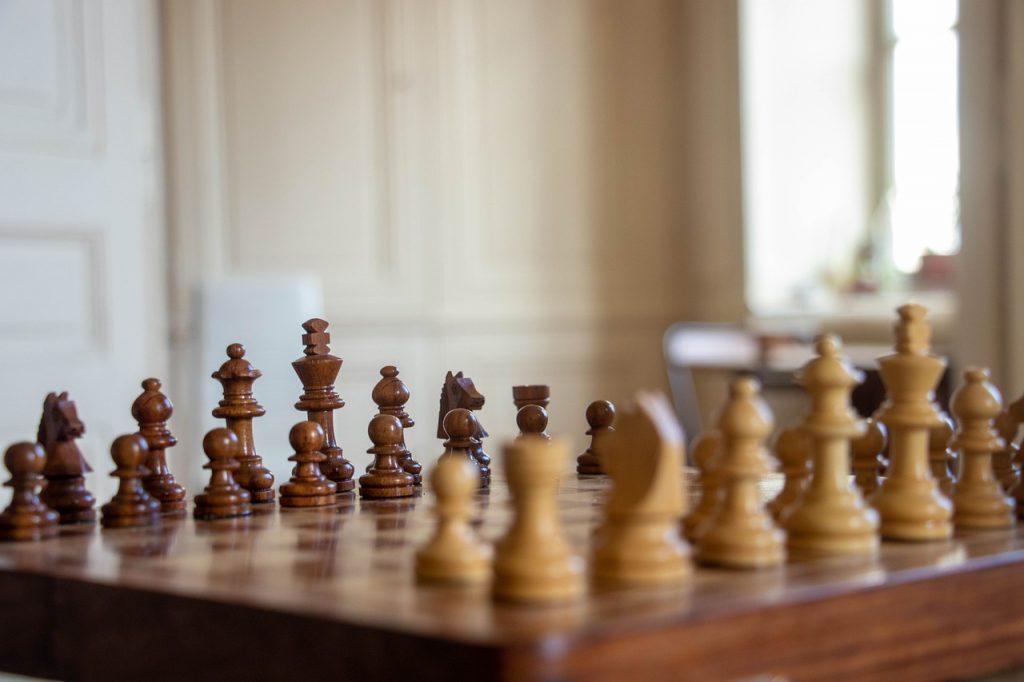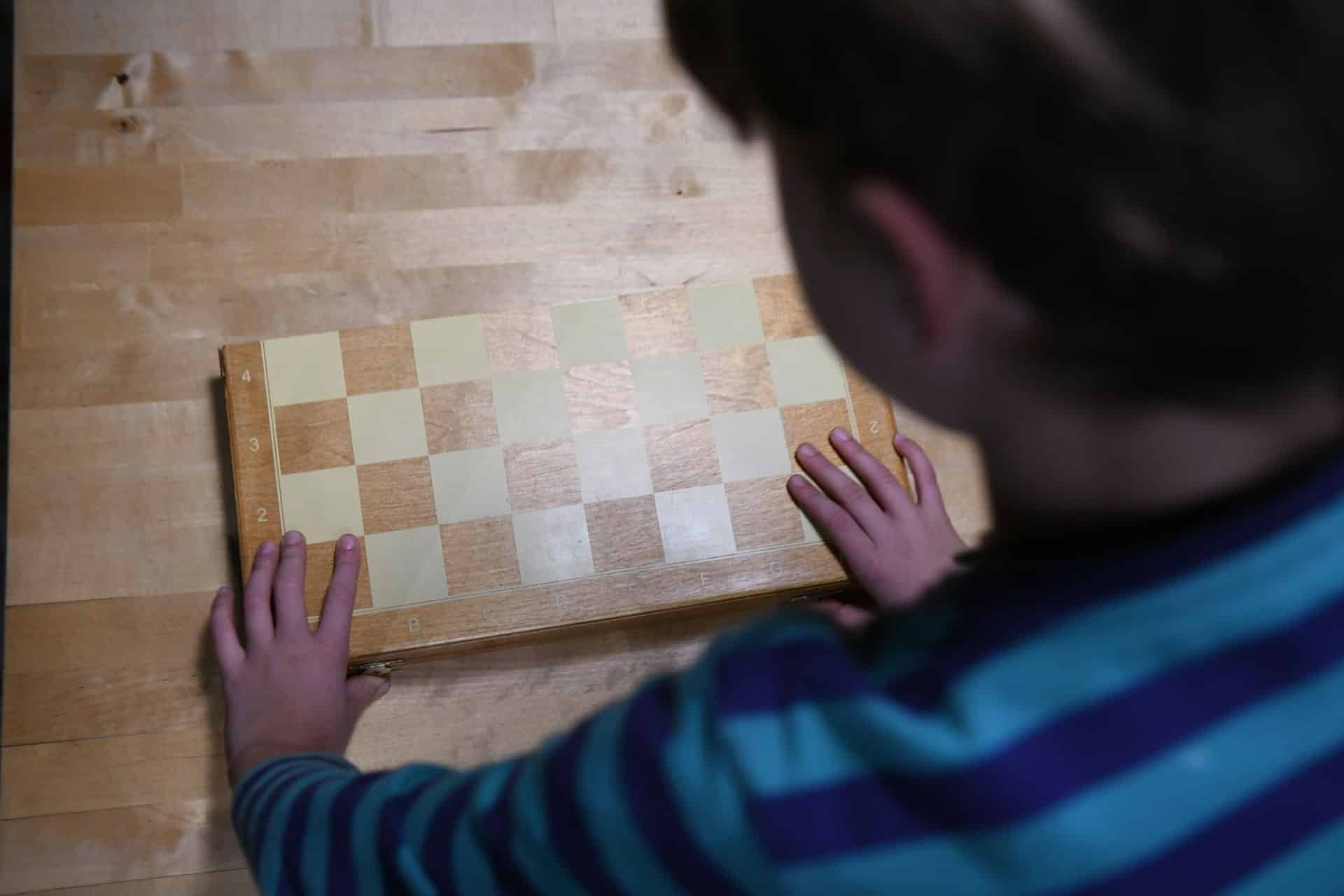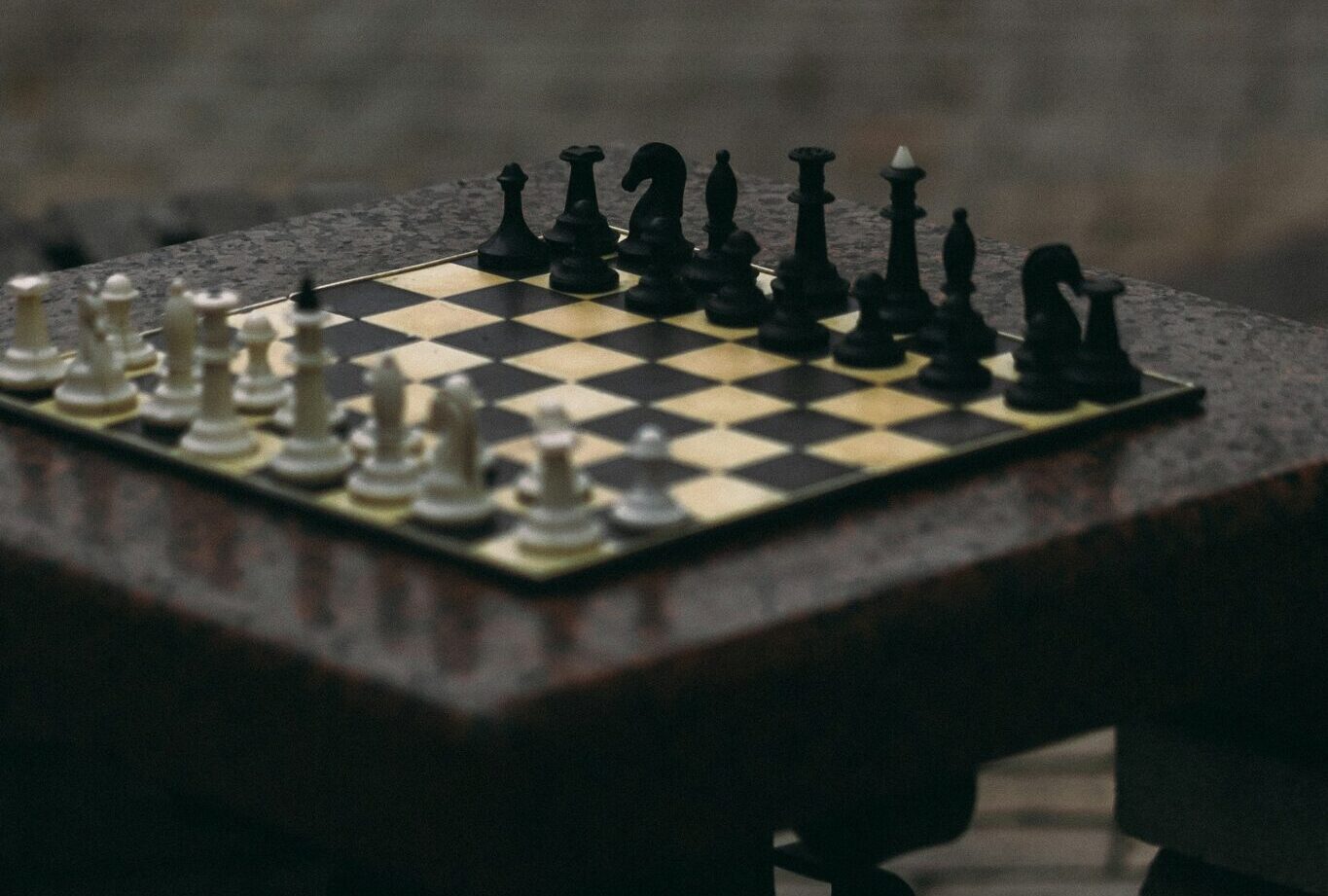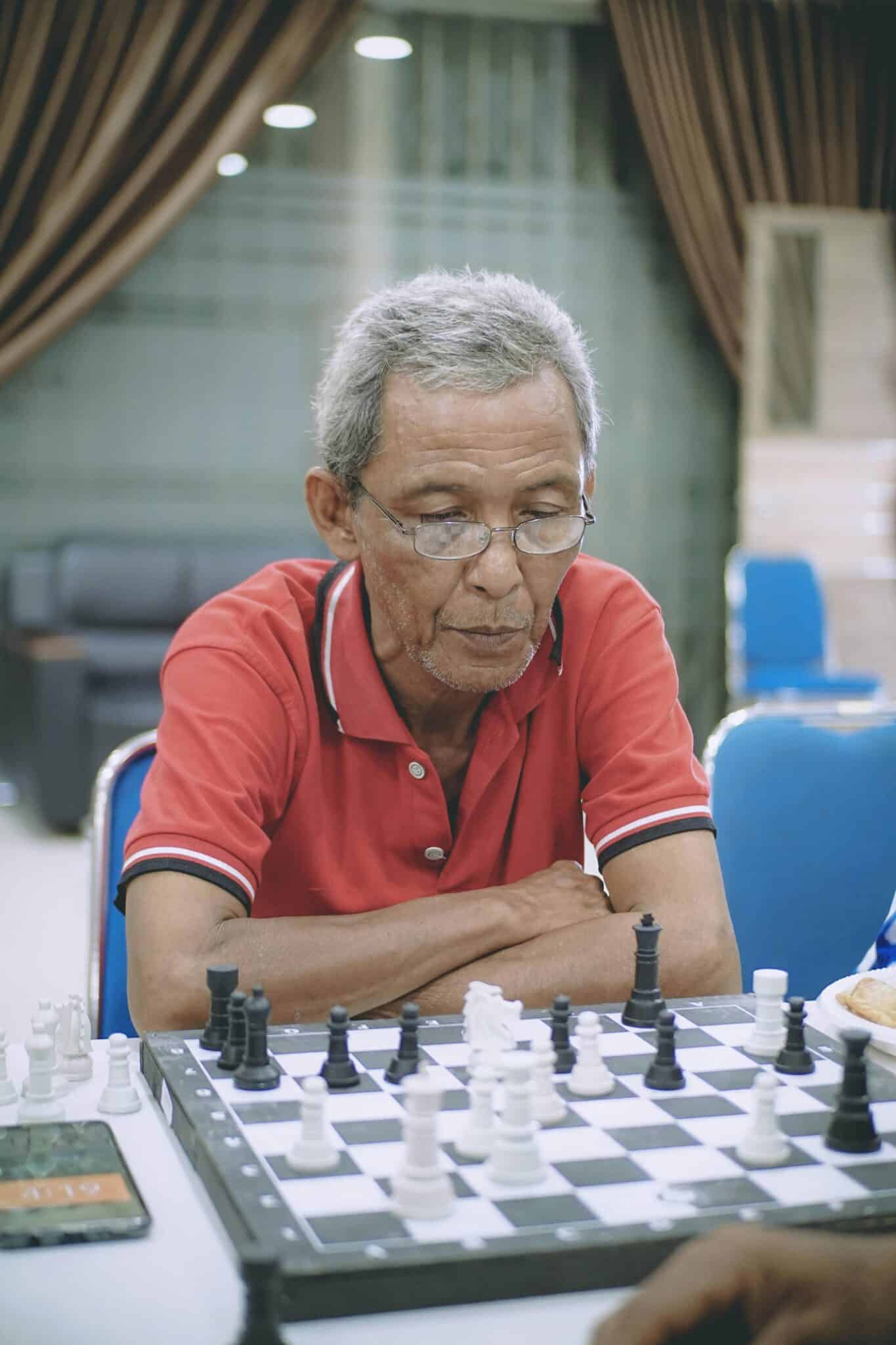Table of Contents
Success starts in the mind
2700 chess-rated players are conceived as “unbeatable” for most of the chess communities, (especially online). Having a 2700 chess rating indeed demonstrates you have a great understanding of chess, if not, you wouldn't be at that level.
The problem comes with most people having the strong belief that 2700 chess-rated players are like chess “gods”.
The average chess player takes the ELO rating too seriously, I mean, it is an objective approach to the chess “level” of chess. However, all of us, humans, can't be “objectively” measured in strength or capability.
That's exactly what some people want you to believe so you don't compete against them, think about it. This applies to everything in life, not just chess.
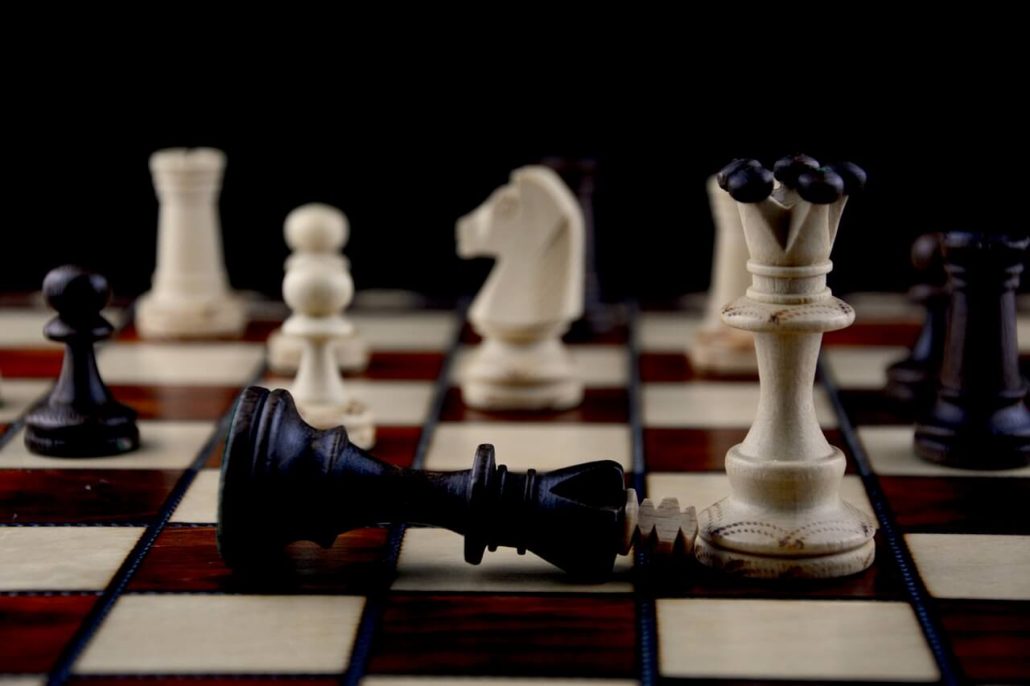
Today, I'm going to explain in great detail to you why you, (yes, YOU), can beat anyone in chess, even grandmasters. I don't mean you'll get magic powers and you will be able to beat GM Magnus Carlsen tomorrow. I'm just going to tell you (with a scientific basis) the simple truth: You can do it.
I want this material to serve as a motivation for those players who want to be at the top high level. I'll tell you what your real chances of succeeding are as a great chess player.
The real differences between a 2700 chess rated and a 2200 chess rated player
Surpassing the amount of 2200 ELO points you will find mostly titled players (GMs/IMs/FMs). In this part of the chess journey, you get to see a difference in every player's type of play.
There are more complex strategies, is not only chess strategies but psychological and physical preparation as well.
This may sound cheesy, but both psychological and physical preparation plays an important role in chess development. Emotions can influence the way we think and also the speed of our calculation.
So, I think this is the main difference between the 2200 and 2700 chess play in tournaments. If we analyze this statement we conclude that we can see a higher level of preparation and quality training.
And if our preparation and training are better (not only in chess skills but psychological and physical too), is logical to expect better results.
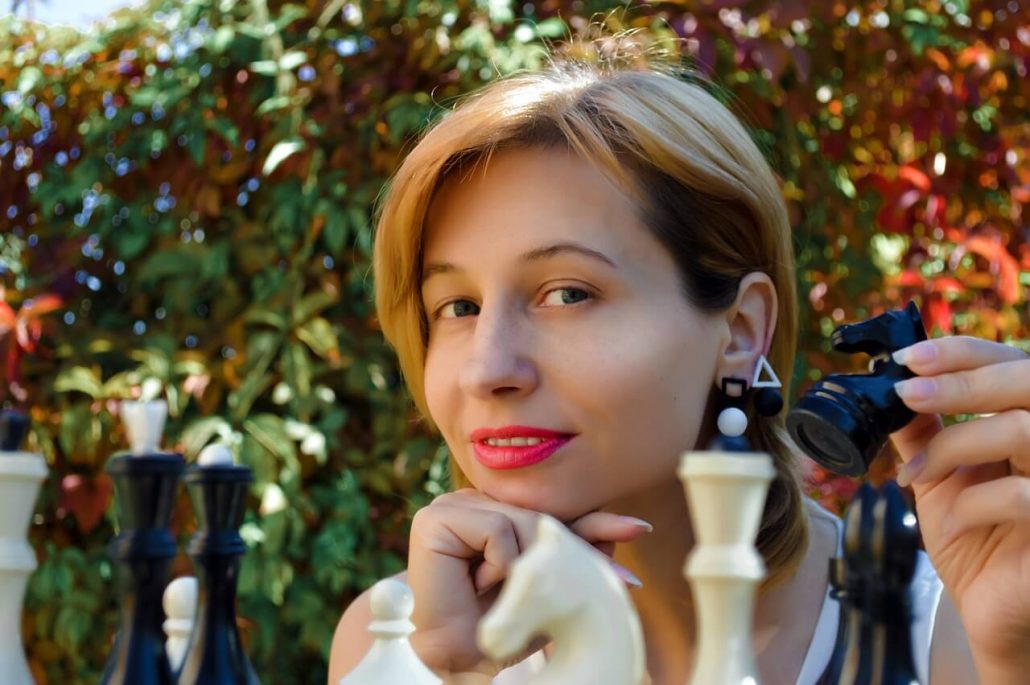
Taking all of this into consideration is fair to say that differences are in the level of commitment and discipline the player has. Not just for training, but study methods, habits, exercise routine, it all comes into play here.
If you change your thinking, you change your actions and if you change your actions you change your results. See the Law of Attraction.
ELO rating… Just a number
Some players can get a little uneasy and even scared when they see their opponent “level” say, 2700 chess rating. 2700 chess-rated players have an excellent talent to play chess, but that is not definitive.
The psychological impact this has on chess players is incredible, they automatically think they are incapable of winning. While the player with more ELO feels secure because he has the “superiority” in rating.
This sole factor can be enough to make a player kill himself before the tournament. One feels stressed while the other one is relaxed, that's giving up the initiative before the game starts.
I've seen many people asking in chess forums questions like:
Would a 2200 player be able to stand a chance against a 2700 chess-rated player?
The answer to this question is: Yes.
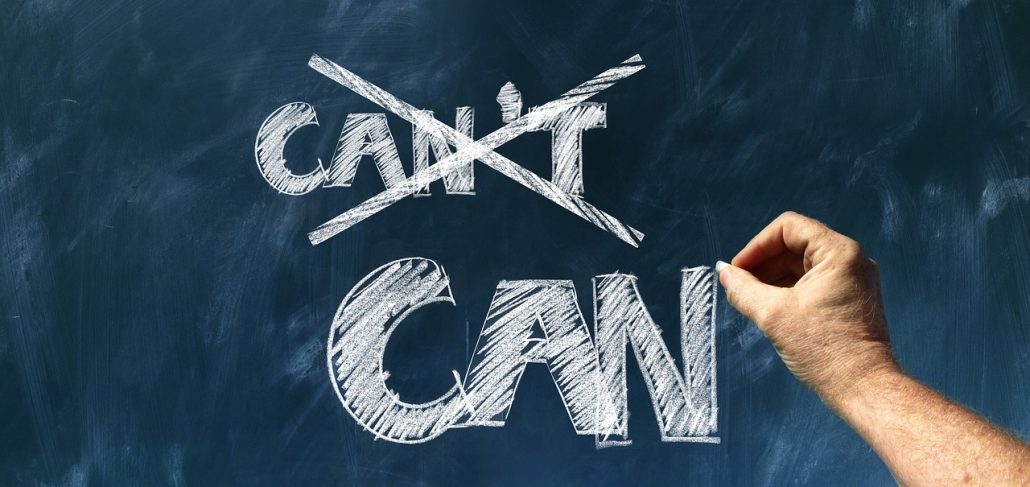
There are many chess skills like calculation, tactical vision, positional understanding, prophylaxis, and etcetera. All of these skills can't be equally measured by the chess rating.
Everyone has a strong point and a weakness. For example, Anatoly Karpov was an excellent positional player. Although he was not a bad attacking player he wasn't comfortable with wild attacking positions like Kasparov would be.
This doesn't mean one player is “objectively” better than the other, this just means they have positions they like and positions they don't like. And just as many GMs say:
If you have a preference for some sort of position, your opponent will ALWAYS avoid getting that position against you.
Destroying the 2700 chess mental barrier
The whole point of this idea is: Having a high ELO rating proved you did very well in a tournament before, but doesn't ensure you will do great now. It is very respectable that some player has a high rating, but doesn't mean you have to feel “less” than him.
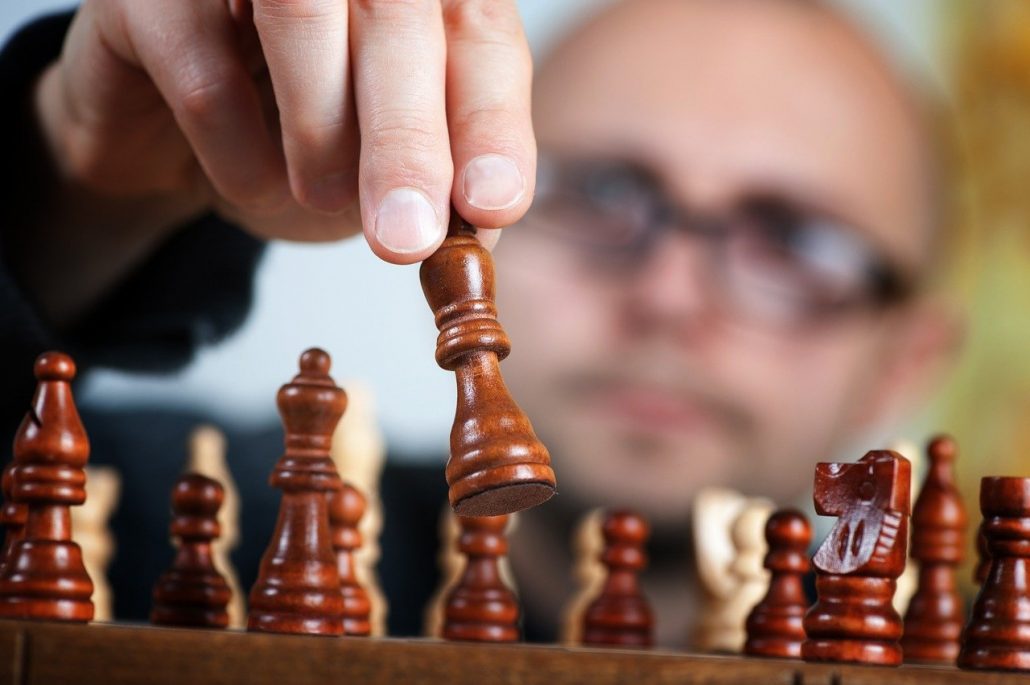
At the end of the day, you both are human, you both have the same brain, therefore, the same capabilities. The difference lays in how he managed to seize those capabilities.
The truth is that with hard work and discipline it's possible to reach any goal you want. Whether is to win a 2700 chess player or to win the world championship. Of course, a great reward demands great sacrifice.
You know what it takes, the question is if you are ready to make the sacrifice to checkmate.
This is a really serious topic for me, some players think they are not capable or feel less than others just because of the rating. I've seen it in many of my students too, but this is a fear we must lose to advance.
You can play (and win) against anyone
Although, motivation is NOT everything in chess and dominating this only one factor will not lead to success by itself. Motivation is an important point that plays a good role in every sport that exists.
It makes no difference if you are a 2700 chess player or a football player, motivation is the art of preparing your mind for success. Having a healthy emotional status plus consistent training will take you to improve with no doubt.
As a chess coach I can tell: Train hard and stay motivated, someday you'll get the payoff.
You may also like:
Turn Yourself Into A Chess Master! GM/IM/WFM chess title

